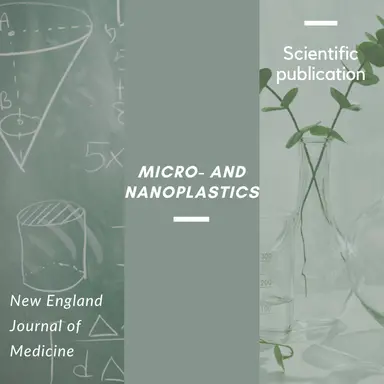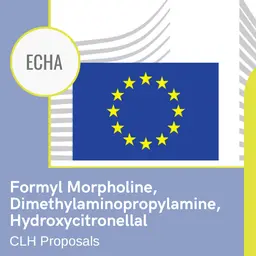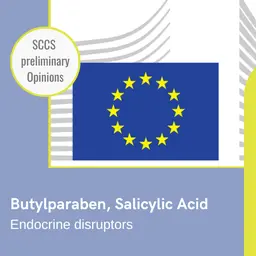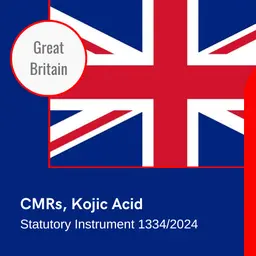
According to a study published in the New England Journal of Medicine, the presence of microplastics in the carotid arteries increases the risk of myocardial infarction, stroke and death from all causes.
Until now, preclinical studies have shown that micro- and nanoplastics (MNPs) appear to be a potential risk factor for cardiovascular disease. But there was no direct evidence that this risk extended to humans.
Methodology
The researchers conducted a prospective, multicenter, observational study involving patients who were undergoing carotid endarterectomy for asymptomatic carotid artery disease.
The excised carotid plaque specimens were analyzed for the presence of MNPs with the use of pyrolysis–gas chromatography–mass spectrometry, stable isotope analysis, and electron microscopy. Inflammatory biomarkers were assessed with enzyme-linked immunosorbent assay and immunohistochemical assay.
The primary end point was a composite of myocardial infarction, stroke, or death from any cause among patients who had evidence of MNPs in plaque as compared with patients with plaque that showed no evidence of MNPs.
Results
A total of 304 patients were enrolled in the study, and 257 completed a mean (±SD) follow-up of 33.7±6.9 months.
Polyethylene was detected in carotid artery plaque of 150 patients (58.4%), with a mean level of 21.7±24.5 μg per milligram of plaque; 31 patients (12.1%) also had measurable amounts of polyvinyl chloride, with a mean level of 5.2±2.4 μg per milligram of plaque.
Electron microscopy revealed visible, jagged-edged foreign particles among plaque …













